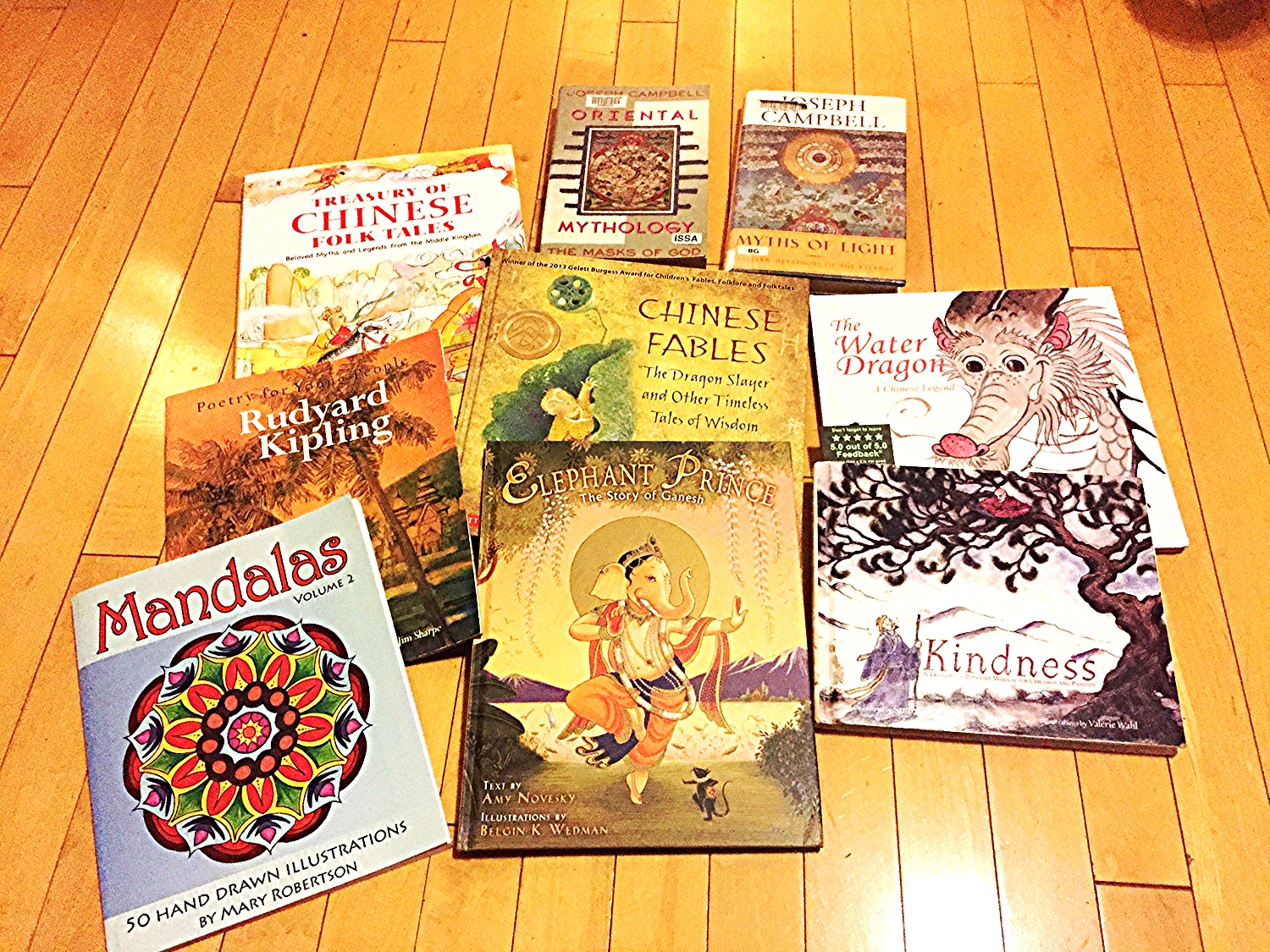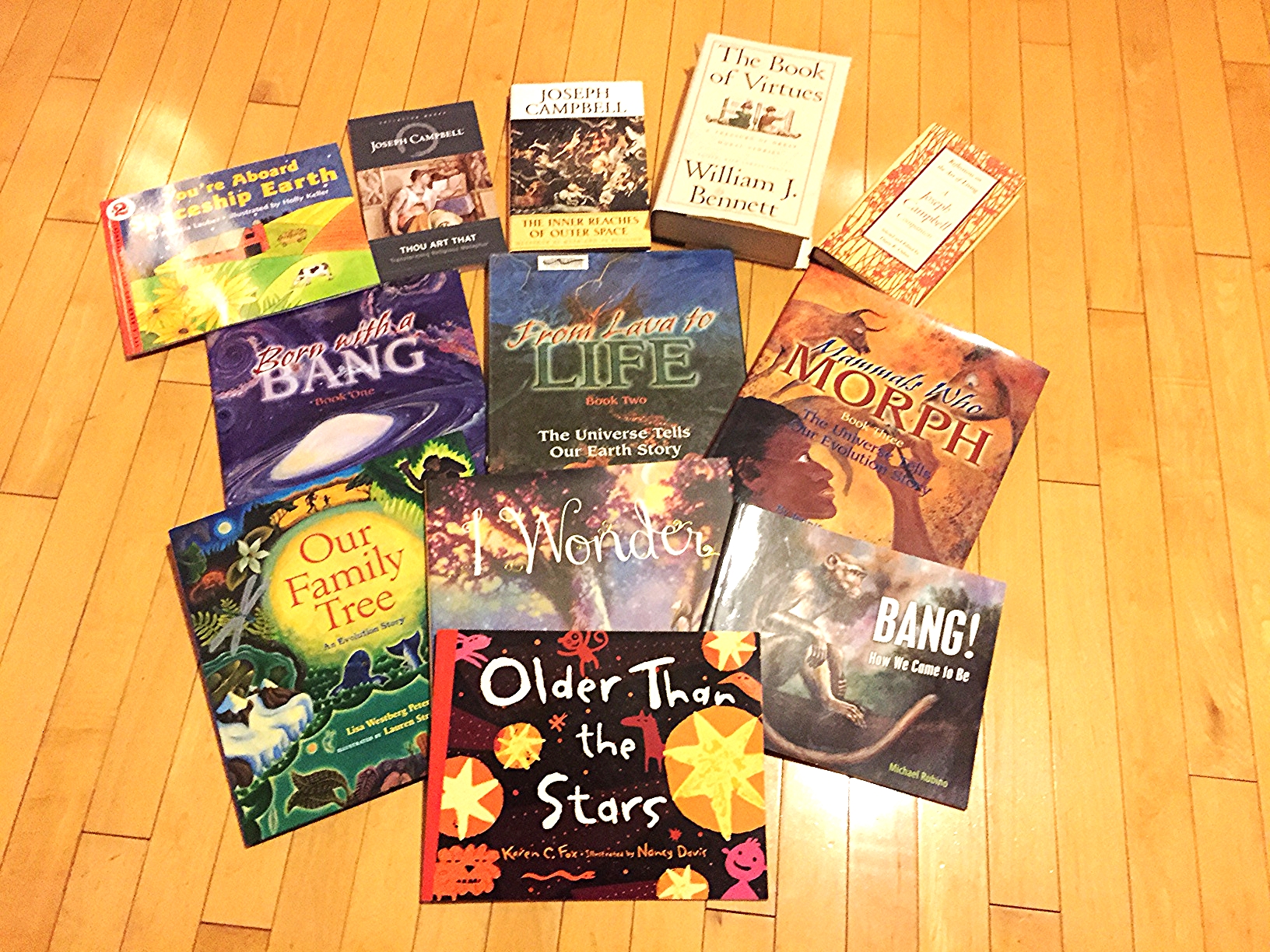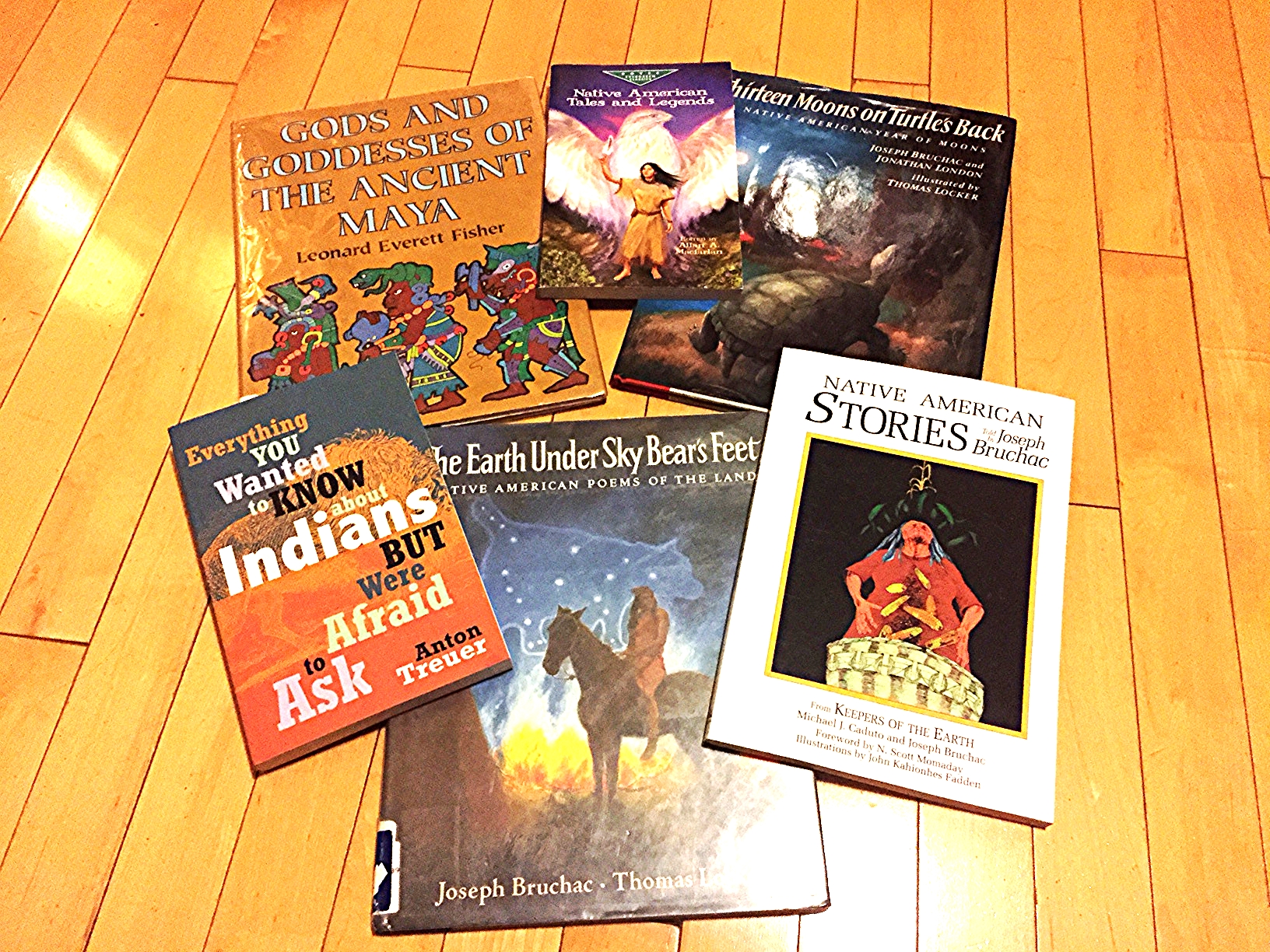
Week 1—Out of Africa
Superheroes—Monitor + Maintain nutrition + mental/physical care/strength in the view of early African Nomads. Pursue purposeful curiosity toward wonderstanding by asking thoughtful questions, listening critically, speaking clearly, precisely + confidently. Accept responsibility + respond with dignity + respect.
Anthropology—physical + human features, language/music/art/dance, historical context, timeline as we explore human stories from our beginnings in Africa.
Mathematics—structure, timelines, operations + algebraic reasoning in relation to human tribes venturing out of Africa, the invention/discovery of math.
Science—as a tool/map (process, precision), the living need for energy + matter as drive toward expansion/exploration/understanding/treasure. Investigating + experimenting both evidence + opinion, + honing our familiarity with simple tools, meaningful questions and careful investigations.
Reading—myth as a form of narrative, elements of a narrative, structure, explore thoughts + motivations of characters (+ pov), metaphor, simile, compare/contrast—myth, legend, fairy tale.
Communicating—myth/narrative; process (prewriting, draft, revise, edit), fragments + run-ons, interrogative/relative pronouns, relative adverbs. Every unit provides plenty of opportunities to share learning with each other individually, in small groups and large groups.

Week 2—Egyptian, Greek + Roman (Occidental) Mythology
Superheroes—Monitor + Maintain nutrition + mental/physical care/strength in the view of Egyptian, Greek + Roman civilizations. Pursue purposeful curiosity toward wonderstanding by asking thoughtful questions, listening critically, speaking clearly, precisely + confidently. Accept responsibility + respond with dignity + respect.
Anthropology—physical + human features, language/music/art/dance, historical context, timeline as we explore human stories from our early Egyptian/Greek/Roman civilization.
Mathematics—structure, timelines, operations + algebraic reasoning + geometry in Egyptian, Greek + Roman culture/history.
Science—as a tool/map (process, precision), the living need for energy + matter as drive toward expansion/exploration/understanding/treasure. Investigating + experimenting both evidence + opinion, + honing our familiarity with simple tools, meaningful questions and careful investigations.
Reading—myth as a form of narrative, elements of a narrative, structure, explore thoughts + motivations of characters (+ pov), metaphor, simile, compare/contrast—myth, legend, fairy tale.
Communicating—myth/narrative; process (prewriting, draft, revise, edit), fragments + run-ons, interrogative/relative pronouns, relative adverbs. Every unit provides plenty of opportunities to share learning with each other individually, in small groups and large groups.

Week 3—Norse + Celtic Mythology (needs update to Eastern)
Superheroes—Monitor + Maintain nutrition + mental/physical care/strength in the view of Norse + Celtic explorers. Pursue purposeful curiosity toward wonderstanding by asking thoughtful questions, listening critically, speaking clearly, precisely + confidently. Accept responsibility + respond with dignity + respect.
Anthropology—physical + human features, language/music/art/dance, historical context, timeline as we explore human stories from our Norse + Celtic beginnings.
Mathematics—structure, timelines, operations + algebraic reasoning in relation to human tribes venturing out in ships + highlands.
Science—as a tool/map (process, precision), the living need for energy + matter as drive toward expansion/exploration/understanding/treasure. Investigating + experimenting both evidence + opinion, + honing our familiarity with simple tools, meaningful questions and careful investigations.
Reading—myth + oral tradition as a form of narrative, elements of a narrative, structure, explore thoughts + motivations of characters (+ pov), metaphor, simile, compare/contrast—myth, legend, fairy tale.
Communicating—myth/narrative; process (prewriting, draft, revise, edit), fragments + run-ons, interrogative/relative pronouns, relative adverbs. Every unit provides plenty of opportunities to share learning with each other individually, in small groups and large groups.

Week 4—Eastern Mythology
Superheroes—Monitor + Maintain nutrition + mental/physical care/strength in the view of early African Nomads. Pursue purposeful curiosity toward wonderstanding by asking thoughtful questions, listening critically, speaking clearly, precisely + confidently. Accept responsibility + respond with dignity + respect.
Anthropology—physical + human features, language/music/art/dance, historical context, timeline as we explore human stories from the Asian continent.
Mathematics—structure, timelines, operations + algebraic reasoning, numbers + operations with fractions in the East.
Science—as a tool/map (process, precision), the living need for energy + matter as drive toward expansion/exploration/understanding/treasure + plants as a primary resource. Investigating + experimenting both evidence + opinion, + honing our familiarity with simple tools, meaningful questions and careful investigations.
Reading—myth as a form of narrative, elements of a narrative, structure, explore thoughts + motivations of characters (+ pov), metaphor, simile, compare/contrast—myth, legend, fairy tale.
Communicating—myth/narrative; multi-paragraph process (prewriting, draft, revise, edit), fragments + run-ons, relative pronouns + adverbs, progressive verb tenses + references. Every unit provides plenty of opportunities to share learning with each other individually, in small groups and large groups.

Week 5—Aboriginal + New Guinean Mythology
Superheroes—Monitor + Maintain nutrition + mental/physical care/strength in the view of early Australian + New Guinean Nomads. Pursue purposeful curiosity toward wonderstanding by asking thoughtful questions, listening critically, speaking clearly, precisely + confidently. Accept responsibility + respond with dignity + respect.
Anthropology—physical + human features, language/music/art/dance, historical context, timeline as we explore human stories from the Australian continent.
Mathematics—structure, timelines, operations + algebraic reasoning, numbers + operations with fractions in the art + culture of Aboriginees and New Guineans.
Science—as a tool/map (process, precision), the living need for energy + matter as drive toward expansion/exploration/understanding/treasure + plants as a primary resource. Investigating + experimenting both evidence + opinion, + honing our familiarity with simple tools, meaningful questions and careful investigations.
Reading—myth as a form of narrative, elements of a narrative, structure, explore thoughts + motivations of characters (+ pov), metaphor, simile, compare/contrast—myth, legend, fairy tale.
Communicating—myth/narrative; multi-paragraph process (prewriting, draft, revise, edit), fragments + run-ons, relative pronouns + adverbs, progressive verb tenses + references. Every unit provides plenty of opportunities to share learning with each other individually, in small groups and large groups.

Week 6—Polynesian + Hawaiian Mythology (needs to be updated to Future Building)
Superheroes—Monitor + Maintain nutrition + mental/physical care/strength in the view of early Polynesian + Hawaiian Islanders. Pursue purposeful curiosity toward wonderstanding by asking thoughtful questions, listening critically, speaking clearly, precisely + confidently. Accept responsibility + respond with dignity + respect.
Anthropology—physical + human features, language/music/art/dance, historical context, timeline as we explore human stories from the Polynesian + Hawaiian islands.
Mathematics—structure, timelines, operations + algebraic reasoning, numbers + operations with fractions in the art + culture of the Polynesian + Hawaiian islands.
Science—as a tool/map (process, precision), the living need for energy + matter as drive toward expansion/exploration/understanding/treasure + plants as a primary resource. Investigating + experimenting both evidence + opinion, + honing our familiarity with simple tools, meaningful questions and careful investigations.
Reading—myth as a form of narrative, elements of a narrative, structure, explore thoughts + motivations of characters (+ pov), metaphor, simile, compare/contrast—myth, legend, fairy tale.
Communicating—myth/narrative; multi-paragraph process (prewriting, draft, revise, edit), fragments + run-ons, relative pronouns + adverbs, progressive verb tenses + references. Every unit provides plenty of opportunities to share learning with each other individually, in small groups and large groups.

Week 7—American Mythology (Pre-Columbian)
Superheroes—Monitor + Maintain nutrition + mental/physical care/strength in the view of early north, south + central Americans. Pursue purposeful curiosity toward wonderstanding by asking thoughtful questions, listening critically, speaking clearly, precisely + confidently. Accept responsibility + respond with dignity + respect.
Anthropology—physical + human features, language/music/art/dance, historical context, timeline as we explore human stories from the Americas.
Mathematics—structure, timelines, operations + algebraic reasoning, numbers + operations with fractions in the art + culture of the early Americans.
Science—as a tool/map (process, precision), the living need for energy + matter as drive toward expansion/exploration/understanding/treasure + plants as a primary resource. Investigating + experimenting both evidence + opinion, + honing our familiarity with simple tools, meaningful questions and careful investigations.
Reading—myth as a form of narrative, elements of a narrative, structure, explore thoughts + motivations of characters (+ pov), metaphor, simile, compare/contrast—myth, legend, fairy tale.
Communicating—myth/narrative; multi-paragraph process (prewriting, draft, revise, edit), fragments + run-ons, relative pronouns + adverbs, progressive verb tenses + references. Every unit provides plenty of opportunities to share learning with each other individually, in small groups and large groups.









